

Bios Wins the “Global Hemoglobin Oxygen Carrier Technology Innovation Leadership Award” at the Sullivan New Investment Conference 2025
On August 27, the 19th Sullivan Global Growth, Technology Innovation and Leadership Summit 2025 and the 4th New Investment Conference (hereinafter referred to as “Sullivan New Investment Conference 2025”) was grandly opened in Shangri-La Hotel, Jing ’an District, Shanghai.

Wang Jianfeng, the Secretary of the CPC Changzhou Municipal Committee, met with Mr. Zheng Zhiheng, the Chairman of Bios Biologics
On 28 May 2025, Wang Jianfeng, Party Secretary of Changzhou City, Jiangsu Province, met with Mr. Zheng Zhiheng, Chairman of Bios Biotechnology Co., LTD., Vice Chairman and Executive Director of Chow Tai Fok Jewelry Group Co., LTD., to exchange views on further deepening cooperation.
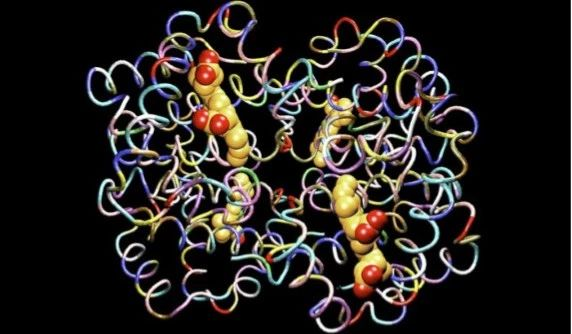
Yale scientists have successfully revived a pig brain with artificial blood
Recently, the cover of Nature published the latest research from Yale University School of Medicine: scientists at Yale University used an infusion solution to successfully revive the pig brain after 4 hours of death, restoring some cellular and metabolic functions, and maintaining them for at least 6 hours.

A brief history of research and development of red blood cell substitutes
Blood has always been a very important, but very limited medical resource.
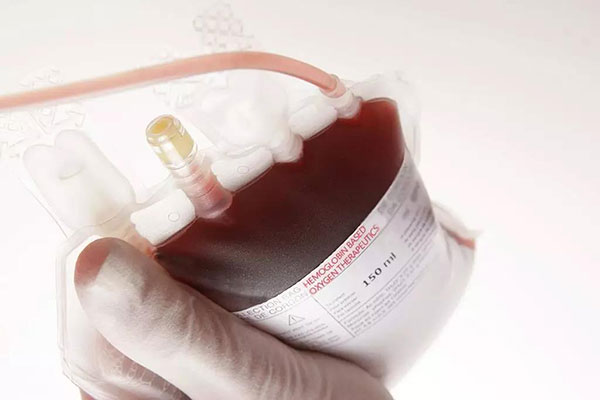
Application of hemoglobin oxygen carrier product HBOC-201 in the treatment of extensive burns
Treatment of burns is often accompanied by anemia and a high rate of allogeneic blood transfusion. In a study of patients with burns of 20% or more of their total surface area, Palmieri found that 75% received at least one unit of red blood cells during their hospital stay.
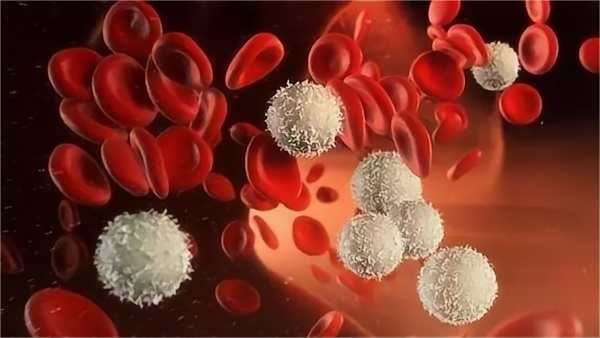
Blood substitute (glutaraldehyde crosslinked bovine hemoglobin) for the treatment of leukemia
In addition to the ABO blood type of mankind, there are other such as Rh, MN and Xg and other blood types. In the early 1950s, doctors discovered a very rare blood type, Vel negative.
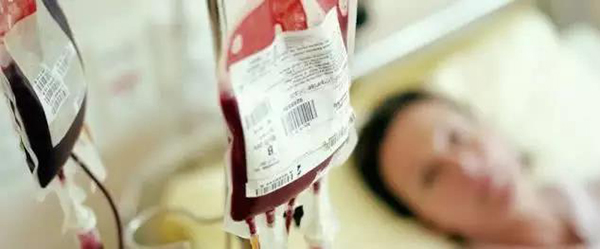
Hemopure is used in the treatment of severe autoimmune hemolytic anemia
Autoimmune hemolytic anemia (AIHA) is a kind of hemolytic anemia caused by the disorder of immune function in vivo, the production of autoantibodies and/or complement adsorbed on the surface of red blood cells, and the acceleration of red blood cell destruction by antiantigen antibody reaction.

Blood substitutes, in and between faith and life
Blood transfusion saved countless lives of critically ill patients, but a religious minority refused transfusion treatment when themselves or their families needed it.
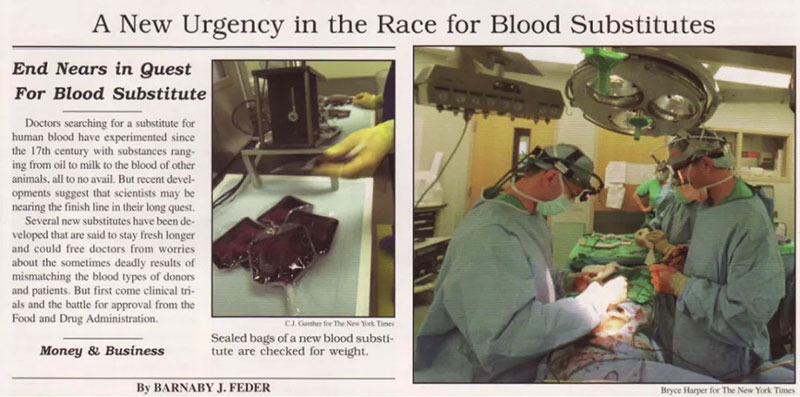
Subblood resuscitation strategy of hemorrhagic shock and traumatic brain injury
Trauma is the leading cause of death in young people. Approximately 40% of civilians in the United States die from traumatic brain injury (TBI), and 33% to 50% of trauma deaths occur before admission.
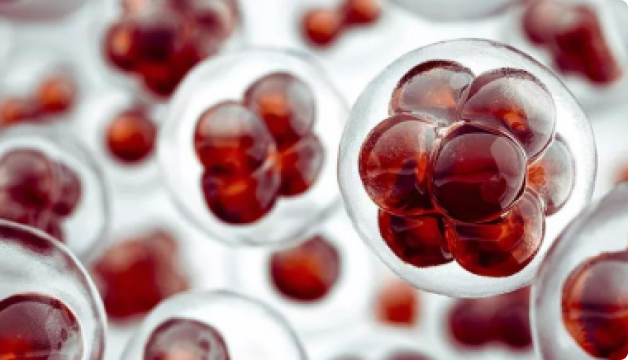
Carrying oxyhemoglobin gives tumors nowhere to escape
Back in 2010, the National Cancer Institute (NCI) provided $3 million in funding to test whether oxygen-carrying compounds could improve radiation therapy in cancer animals. The results show that most tumors have hypoxic areas that can have a significant impact on treatment outcomes in about half of the patients.
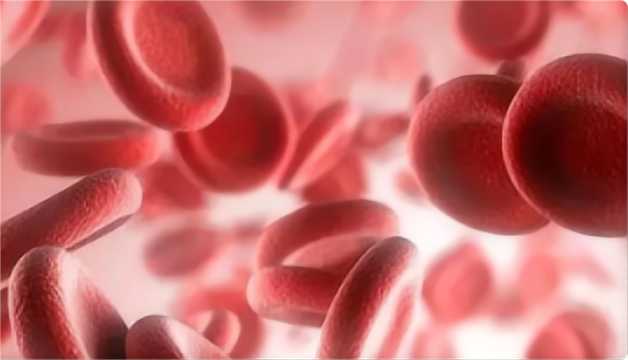
Application of HBOC from oxygen therapy in cancer
The latest animal studies have found that oxygen inhalation can improve the ability of immune cells to kill tumors, suggesting that routine oxygen inhalation in hospitals may become an adjunct to tumor immunotherapy.


